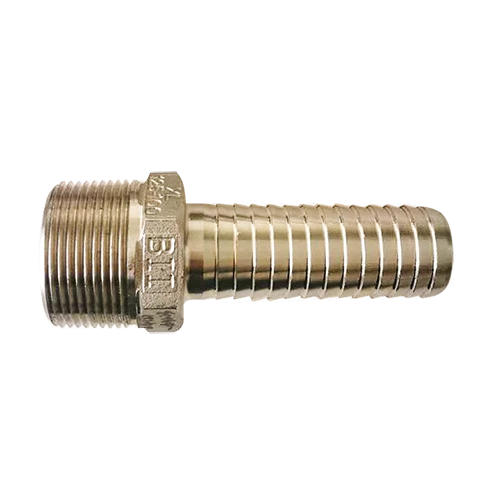Mobile:+86-311-808-126-83
Email:info@ydcastings.com
metal casting factory
The Vital Role of Metal Casting Factories in Modern Industry
Metal casting factories play a crucial role in the manufacturing landscape, providing essential components for a wide array of industries, including automotive, aerospace, construction, and consumer goods. The process of metal casting involves pouring molten metal into a mold, allowing it to solidify into the desired shape. This age-old technique has evolved significantly over the years, adapting to the demands of contemporary manufacturing while maintaining its fundamental principles.
The Vital Role of Metal Casting Factories in Modern Industry
The variety of metals used in the casting process is another factor contributing to its significance. Factories utilize ferrous and non-ferrous metals, including aluminum, iron, bronze, and magnesium, each offering unique properties suited for specific applications. For example, aluminum castings are popular in the automotive industry due to their lightweight nature and resistance to corrosion. On the other hand, iron castings are preferred for heavy machinery parts due to their strength and durability.
metal casting factory

In recent years, the metal casting industry has been at the forefront of embracing sustainability and eco-friendly practices. Many factories are implementing recycling programs to minimize waste, reusing metals and sand used in casting processes. Moreover, advancements in technology have led to the development of energy-efficient furnaces and casting techniques that reduce the carbon footprint of production. This shift towards sustainable practices not only benefits the environment but also enhances the competitiveness of metal casting factories in a global market increasingly focused on sustainability.
Quality control is another critical aspect of metal casting factories. To ensure the reliability and safety of cast products, stringent quality assurance protocols are enforced throughout the manufacturing process. Techniques such as non-destructive testing (NDT) are employed to detect defects and ensure that the castings meet industry standards. This commitment to quality not only enhances customer satisfaction but also fosters long-term partnerships with clients who rely on the precision and dependability of cast components.
Furthermore, metal casting factories contribute to local economies by providing employment opportunities and fostering skill development. Skilled workers, including mold makers, foundry operators, and metallurgists, are essential to the casting process. As technology advances, ongoing training and education are necessary to equip workers with the latest skills and knowledge. This investment in human capital not only benefits the factories themselves but also contributes to the overall growth of the manufacturing sector.
In conclusion, metal casting factories are indispensable in today’s manufacturing environment. Their ability to produce complex components from a variety of metals, coupled with a commitment to sustainability and quality, positions them as key players in various industries. As technology continues to advance and environmental concerns grow, these factories will likely undergo further transformation, ensuring they remain relevant and efficient. Through innovation and dedication, metal casting factories will continue to shape the future of manufacturing, providing the foundational components that drive modern industry forward.
-
Understanding Metal Casting TechniquesNewsApr.02,2025
-
Understanding Exhaust Manifolds for Enhanced Engine PerformanceNewsApr.02,2025
-
The World of Metal FabricationNewsApr.02,2025
-
Key Components for Pump and Turbo EfficiencyNewsApr.02,2025
-
Essential Tools for Automotive Maintenance and RepairNewsApr.02,2025
-
Durable Valve Components for Effective Water ManagementNewsApr.02,2025











